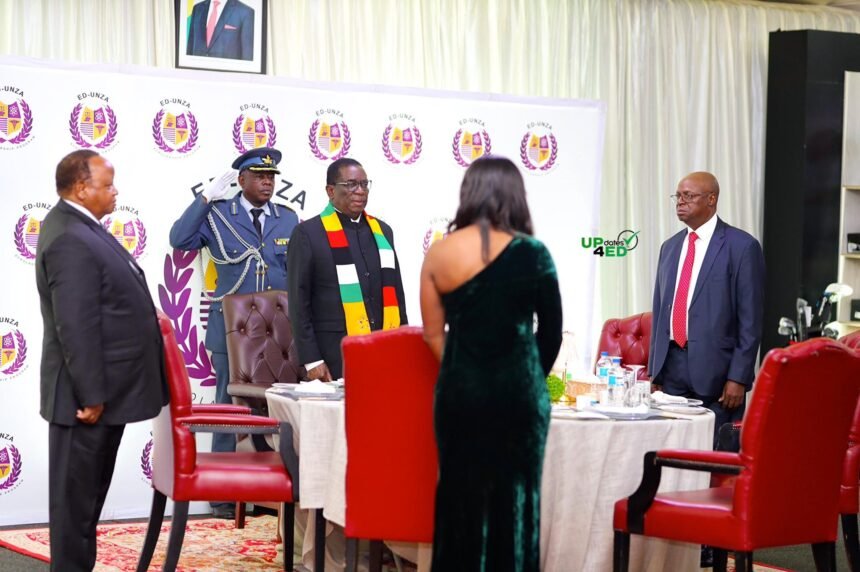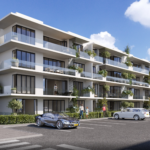Yesterday, President of Zimbabwe, Emmerson Mnangagwa, hosted a prize-giving dinner at State House following the ED-UNZA Golf Day, an event held to raise funds for the ED-UNZA Scholarship. The scholarship supports students enrolled in both Zimbabwe and Zambia and commemorates the President’s university days at the University of Zambia (UNZA), where he studied law after being released from a lengthy prison sentence during the liberation struggle.
What captured public attention, however, wasn’t the scholarship’s noble aims, but rather the visible discomfort of President Mnangagwa during interactions with controversial businessman Kuda Tagwirei. Social media platforms, particularly X (formerly Twitter), erupted with commentary as videos circulated showing Tagwirei’s unusually familiar physical gestures – including backslaps and embraces – that appeared to unsettle the normally composed president.

“This wasn’t just awkward body language,” noted political analyst Tendai Mbanje. “In our cultural context, where presidential decorum is carefully maintained, these images sent shockwaves through the political establishment. They raised immediate questions about the nature of this relationship and what it says about where real influence lies in Zimbabwe today.”
As is often the case in Zimbabwe, the event’s positive intentions were overshadowed by online chatter and speculation. Users questioned not only the appropriateness of the interactions but also what it signalled about political alliances and influence. The power dynamics in Zimbabwe remain a sensitive issue, with citizens quick to read between the lines in any public engagement involving the country’s leadership and business elites.
Critics argue that the government’s genuine development efforts are often diluted by the aggressive presence of partisan defenders, known online as Varakashi for ED. Rather than promoting progress, these individuals frequently target opposition voices, creating a hostile and polarising environment on social media. Their actions contribute to a culture of fear and division, rather than one of inclusive nation-building.
Despite this, Zimbabwe is moving forward, albeit slowly. There are visible signs of progress in infrastructure, mining, agriculture, and other sectors. Roads are being rehabilitated, investments are growing, and efforts are being made to stabilise the economy. However, the country’s achievements are often drowned out by toxic political discourse, which hinders collective support for national development.
Zimbabwe needs brand ambassadors who are patriotic but balanced, voices that champion the country’s progress without fuelling division. The focus should be on building a positive image of Zimbabwe, both at home and abroad, rooted in facts, fairness, and national pride. Events like the ED-UNZA Golf Day should be opportunities to unite people around causes such as education, not platforms for political posturing or unnecessary controversy.
As the country works to reshape its future, there is an urgent need to rise above online toxicity and cultivate a culture that celebrates progress while encouraging constructive criticism. Only then can Zimbabwe truly harness its potential and foster the unity needed to move forward.










